Expanding the target group
Speaking at the group discussion session on the afternoon of May 22 on the draft Resolution of the National Assembly regarding tuition exemption and support for preschool children, general education students and those studying general education programs, delegate Bui Hoai Son (Hanoi Delegation) affirmed: This is a great policy, deeply humane and clearly demonstrates the superior nature of our regime. This policy opens up an important step forward in ensuring the right to access fair and comprehensive education for all people.
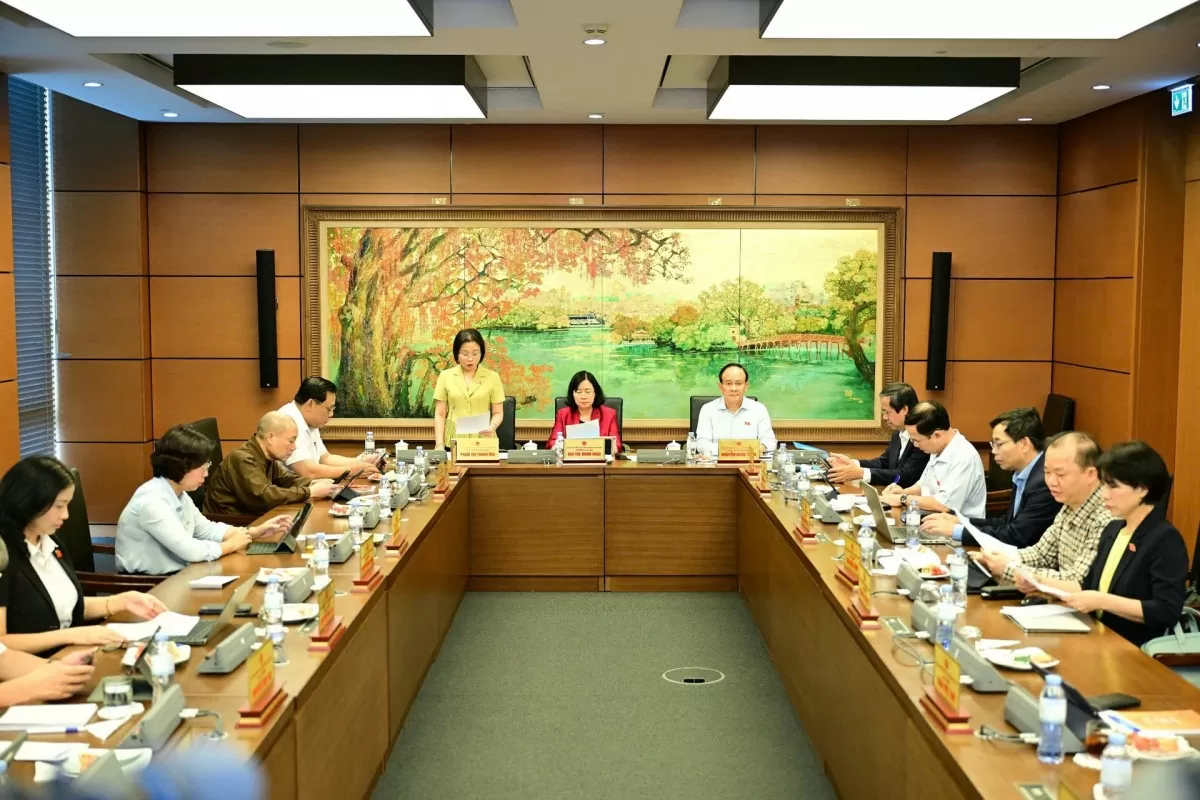 |
| Overview of the meeting at the Hanoi Delegation's group on the afternoon of May 22. Photo: QH |
According to Mr. Son, the issuance of the Resolution is extremely urgent, based on a solid legal and practical basis. The draft has fully grasped the spirit of the 2013 Constitution, the conclusions and directions of the Politburo and the Secretariat on universal education, which clearly states the direction of exempting tuition fees for public students and supporting private students. This continues to affirm the Party's consistent view that "education is the top national policy".
An important new point of this policy is to significantly expand the group of beneficiaries, including: preschool children under 5 years old, high school students, students of general education programs at regular educational institutions and students at private schools.
Not only does this remove financial barriers, the policy also promotes equity between public and private schools, between urban and rural areas, and between formal and informal systems.
Regarding the implementation factor, Mr. Son highly appreciated the careful preparation of the Government. According to Report No. 283/TTr-CP, the budget needs to supplement about 8,200 billion VND each year. With a large population and education system, Hanoi city will be under considerable budget pressure.
“ However, this is a reasonable and timely investment, helping to reduce the financial burden for millions of families, especially in the post-Covid-19 context and increasing living costs, ” the delegate affirmed.
In the long term, the universal tuition-free policy will create the foundation for gradually universalizing 12-year education.
This delegate emphasized: “Free tuition is not only a social policy but also a moral commitment”. At the same time, he affirmed that this is a condition for students to have equal access to knowledge, reducing the risk of dropping out of school due to economic difficulties, which still clearly exists in urban areas like Hanoi.
However, according to delegates, the policy will only be effective if it goes hand in hand with ensuring the quality of education. People expect not only free education, but also to study in a good environment, with a stable team of teachers and a suitable curriculum. Therefore, there needs to be a reasonable budget allocation mechanism to avoid the situation of "leveling" that causes overload for localities.
He also proposed: Hanoi, as the capital, with favorable conditions, should take the lead in pilot implementation, especially in applying technology in tuition management, digitizing records, and making payment processes transparent. At the same time, the city can mobilize social resources to support the education system, thereby serving as a model for other localities to learn and replicate.
Ensuring tuition-free policies are truly fair
Delegate Nguyen Thi Viet Nga (Hai Duong Delegation) expressed her agreement with the policy of exempting and supporting tuition fees for high school students, saying that this is a deeply humane policy, contributing to ensuring fairness in access to education, in accordance with the Constitution, the Law on Education and Vietnam's international commitments.
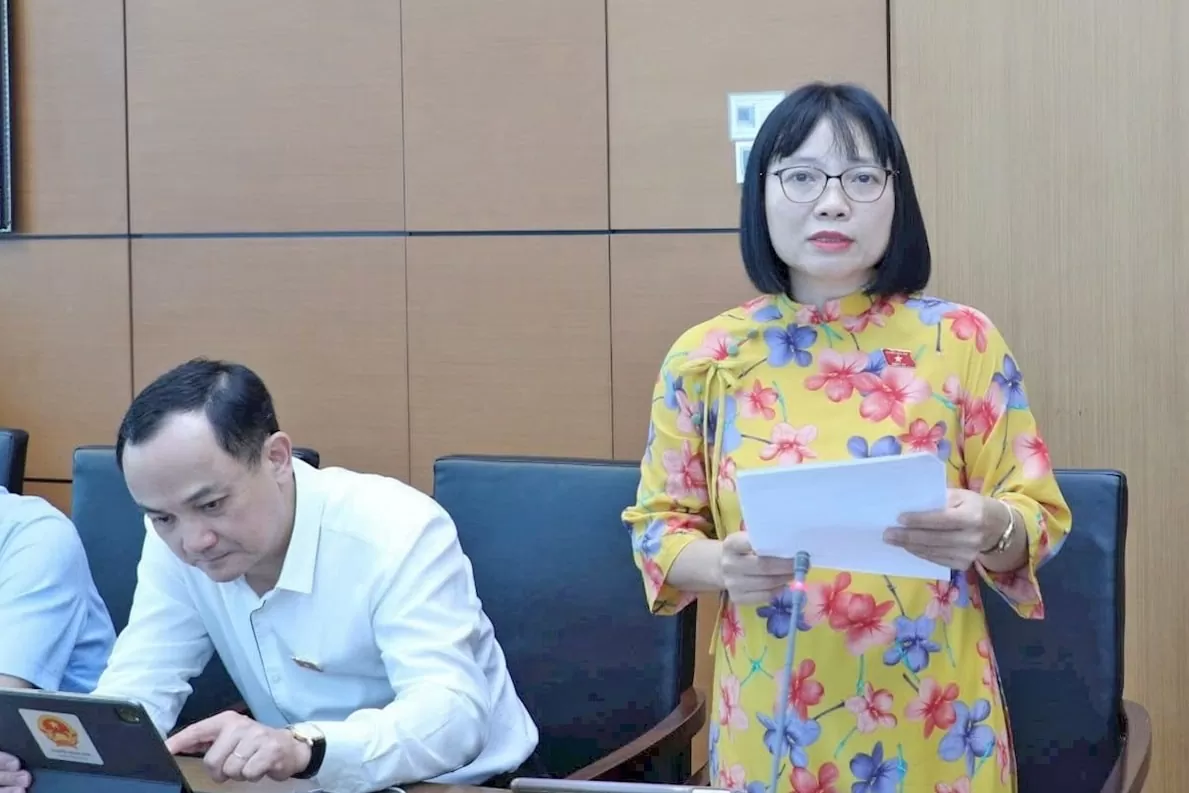 |
Delegate Nguyen Thi Viet Nga - Hai Duong Delegation Photo: Khanh Duy |
The delegate emphasized that the policy has practical significance in the context of increasingly clear rich-poor polarization and increasing living costs, especially for low-income families in rural and mountainous areas. Exempting tuition fees will help reduce financial burdens, prevent dropouts, and create opportunities for all children to go to school.
Delegates analyzed that, in the context of low income of many households, especially in rural and mountainous areas, exempting tuition fees at public schools and supporting tuition fees at non-public facilities is a solution to reduce financial burden, help prevent school dropouts and create conditions for all children to go to school.
However, to put the policy into practice, delegate Nguyen Thi Viet Nga emphasized that it is necessary to design a mechanism for allocating and managing the budget strictly and transparently to avoid loss and profiteering. Assigning the provincial People's Council to decide the level of support is appropriate, but there needs to be a unified guidance framework from the Central Government to ensure fairness among localities.
Regarding beneficiaries, delegates said that there should be a suitable implementation roadmap, giving priority to universal preschool education to avoid budget pressure. In the context of large differences in tuition fees between public and non-public schools, especially in urban areas, the support needs clear principles: Not exceeding the tuition fee exemption at the corresponding public schools. At the same time, it is necessary to develop a standard tuition fee framework for each level and each school year to serve as a basis for unified payment.
Tuition support methods should be clearly defined.
Delegate Nguyen Thi Yen (Ba Ria - Vung Tau Delegation) agreed with the policy of exempting and supporting tuition fees, assessing this as a humane policy, suitable for the current level of development of the country.
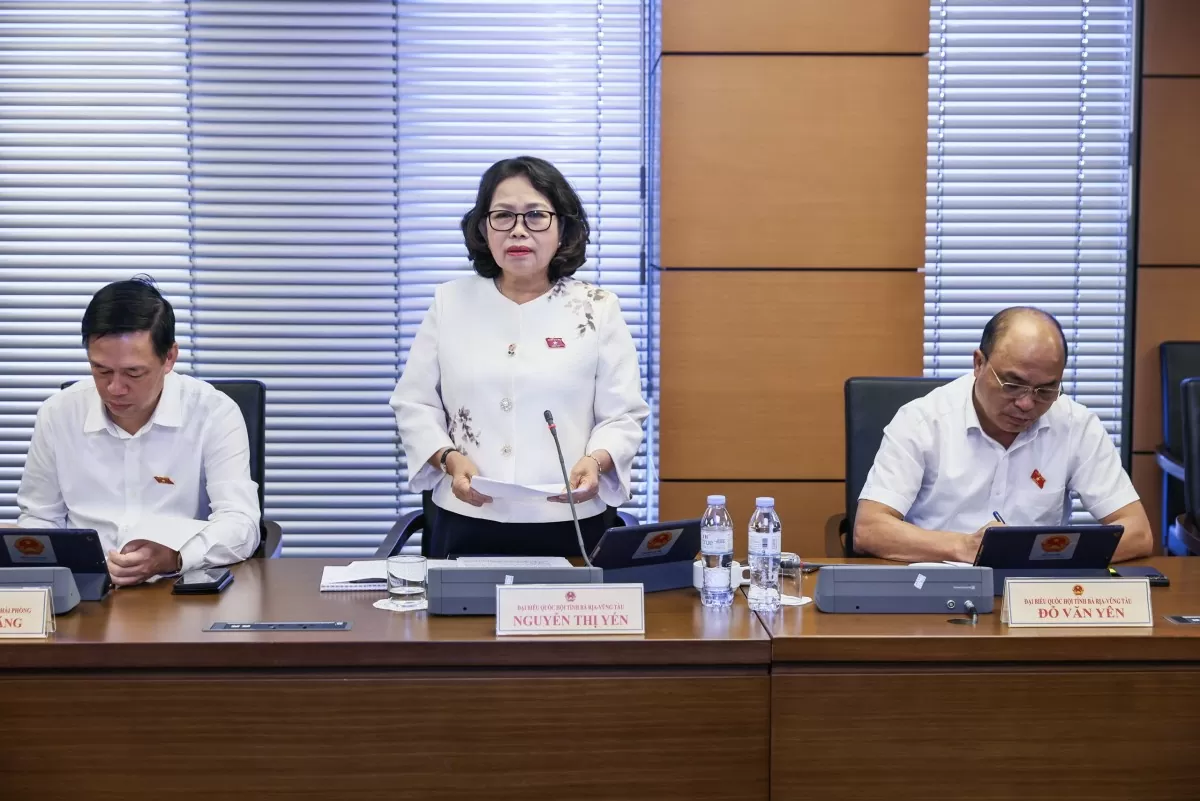 |
| Delegate Nguyen Thi Yen - Head of the National Assembly Delegation of Ba Ria - Vung Tau province. Photo: Duc Nghia |
According to her, this policy not only helps improve living standards but also reduces financial pressure on people, especially teenagers and children.
However, commenting on Article 2 of the draft, Ms. Yen was concerned about the provision that the Provincial People's Council decides on tuition fees. Currently, the country has 63 provinces, but only 18 localities have a mechanism to share budget with the Central Government.
Regarding the remaining provinces, the delegate raised the question: "Where will the resources come from for the People's Council to decide?" Therefore, she proposed that it should be considered so that the Central Government can ensure all resources.
Regarding the implementation organization (Article 4), the delegate suggested that the Ministry of Education and Training, when issuing guidance documents, should clearly stipulate the method of tuition support. For public school students, it is necessary to clarify whether the support money is transferred directly to households or to the school. For private schools, it is necessary to stipulate the support level equal to the tuition level of the corresponding public school.
Citing the reality of Ba Ria - Vung Tau province, Ms. Nguyen Thi Yen said that the locality has had a policy of tuition support for students from kindergarten to high school in both public and private schools in the past three years. The support level for private schools is equal to that of public schools. The transfer of support money is also done directly to the people, making the implementation process more convenient and transparent.
| Delegates also noted: Tuition support policy is only a part of the overall education development policy. To create sustainable changes, it is necessary to synchronize mechanisms to encourage socialization. Currently, preferential policies for non-public education are limited and lack appeal, causing many localities to lack both public and non-public schools. |
Source: https://congthuong.vn/mien-hoc-phi-buoc-tien-cong-bang-tu-chu-truong-lon-388869.html



![[Photo] General Secretary To Lam receives Vice President of Luxshare-ICT Group (China)](https://vphoto.vietnam.vn/thumb/1200x675/vietnam/resource/IMAGE/2025/11/15/1763211137119_a1-bnd-7809-8939-jpg.webp)
![[Photo] Panorama of the 2025 Community Action Awards Final Round](https://vphoto.vietnam.vn/thumb/1200x675/vietnam/resource/IMAGE/2025/11/15/1763206932975_chi-7868-jpg.webp)
![[Photo] Prime Minister Pham Minh Chinh meets with representatives of outstanding teachers](https://vphoto.vietnam.vn/thumb/1200x675/vietnam/resource/IMAGE/2025/11/15/1763215934276_dsc-0578-jpg.webp)




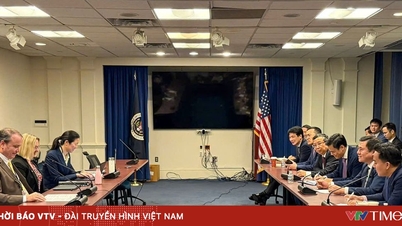











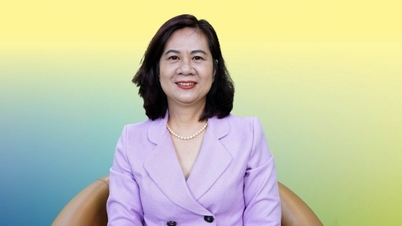
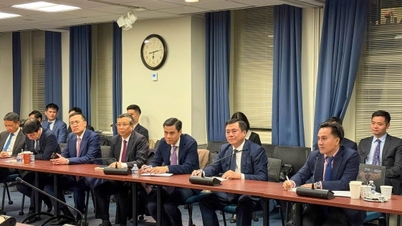






































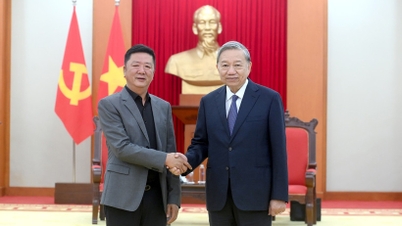

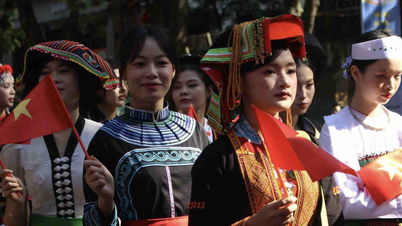

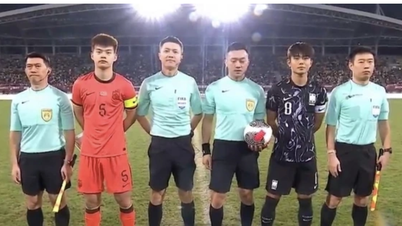



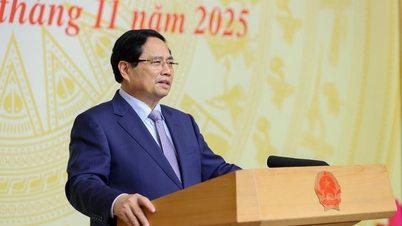
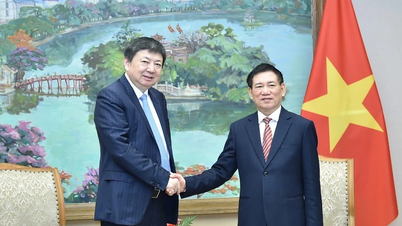





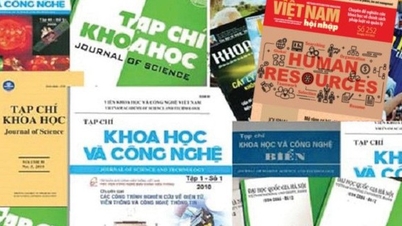
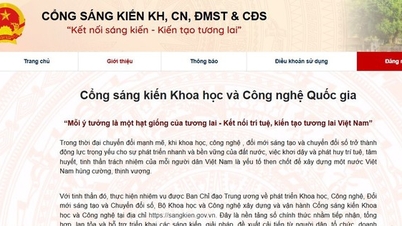


















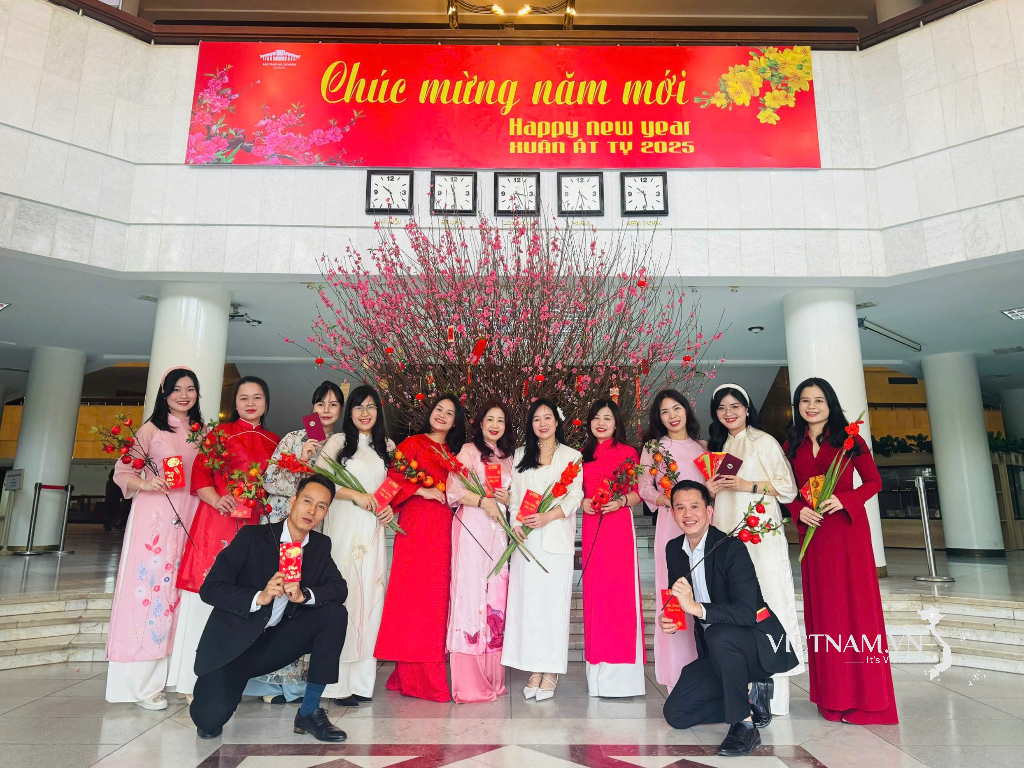



Comment (0)